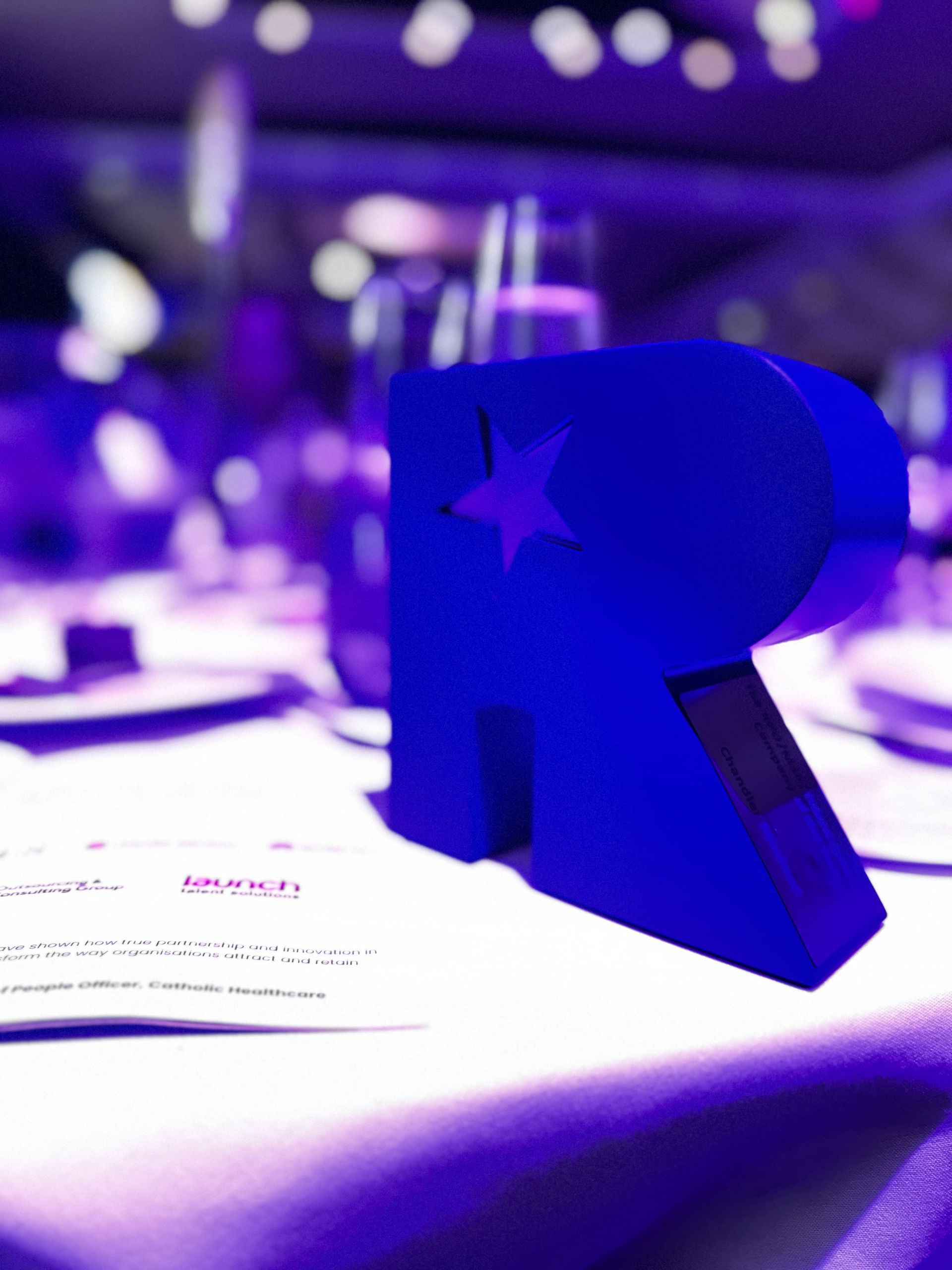A job loss can have a tremendous impact on our wellbeing. Even more so, experiencing a job loss amidst the Covid-19 pandemic brings its own set of unique challenges, as one is forced to navigate the upheaval in a time of unprecedented change and uncertainty. Research cites job loss as one of the top ten traumatic life experiences. So it’s no wonder you may be feeling less focused, less motivated, and less engaged during this time if you have recently experienced a redundancy.
The reality of our lives is that bad things can and often will happen. There will always be problems, setbacks or obstacles that we face as part of being human. One way to stay on track during tough times is to build our resilience and thus our ability to adapt more readily to the pressures of life more broadly.
Of course, this may be easier said than done. When we are experiencing stressful events, it’s quite normal for these events to begin to cloud our judgements. It’s easy to get stuck in negative thought patterns that threaten to keep us victims. As Brene Brown puts it, we “become addicted to our stories, endlessly looping them in our heads”. It’s no wonder that it can be very difficult to see things clearly in this state of rumination. We’ve effectively entered a state of stress, where thinking rationally and objectively becomes a struggle. The way we look at a situation can really impact our mood. It doesn’t change our behaviour in a positive way, it keeps us stuck in this loop, and ultimately, it overwhelms our psychological immune system.
Developing a more resilient mindset
One of the key factors of resilient people is how they transform past hurt, pain, and injustices in their lives. They learn to resist and rise above negative thoughts and feelings, that otherwise threaten to keep them stuck in the past. It’s important to note that being more resilient is not about enhancing your ‘tough guy or girl’ image. It’s quite the opposite, and it involves being flexible and being aware of methods you can use to learn and grow during crises.
Martin Seligman, a Professor of Psychology at the University of Pennsylvania, and author of Learned Optimism is considered the father of modern positive psychology. He notes that building a more resilient attitude is something that can be practised and learned. To do so, we must pay more attention to our internal dialogue and the way we explain good and bad events to ourselves. How we talk to ourselves about negative occurrences is critical to our ability to bounce back.
Our beliefs and explanations about the causes of events that occur to us are also key. The more resilient among us tend to see the causes of setbacks and adversity as temporary, specific to a situation and external, that is, a product of the outside world, and not of their own making – and thus they bounce back more quickly. Those that look at the causes of ‘failure’ as permanent, global and internal to them, however, may have a harder time coping with setbacks when they arise.
So how can we build more resilience in order to effectively adapt to the pressures and challenges of life, such as experiencing a job loss? The following four key tips and strategies may help you on your journey, and you are welcome to reach out to us to learn more.
1) Understand the power of your thoughts
The first step is learning how our thinking impacts our emotions and actions – by changing how we think we can change how we feel and act. We’ve recently put together a webinar to support this learning, and you can find out more here.
2) Practice challenging your beliefs
It’s important to take a critical look at our long-held beliefs and challenge them. This can involve adopting a more flexible mindset. When we ‘slip up’, it’s about being able to recognise that we are not perfect, and bringing some flexibility to the situation. How? By gently getting on track again with the things that matter. People who work on themselves to make positive changes in their lives practice this flexibility more regularly.
3) Become a skilled listener…of yourself
Another key to building resilience is starting to become more aware of our negative thought patterns – our internal dialogue or self-talk – and understanding that these states are temporary, so that we avoid becoming consumed or paralysed by them. Listening with compassion, curiosity and objectivity to our self-talk is beneficial. We can become skilled listeners to our self-talk, making our self-talk work for us, rather than against us.
4) Balance with the bright side
Developing an appreciation of things that are going well and noticing the positives in our lives is another important step on the path to building more resilience.
For more information on our Career Coaching and Career Transition services contact us on 1300 664 305 or email CMPIenquiries@chandlermacleod.com




















